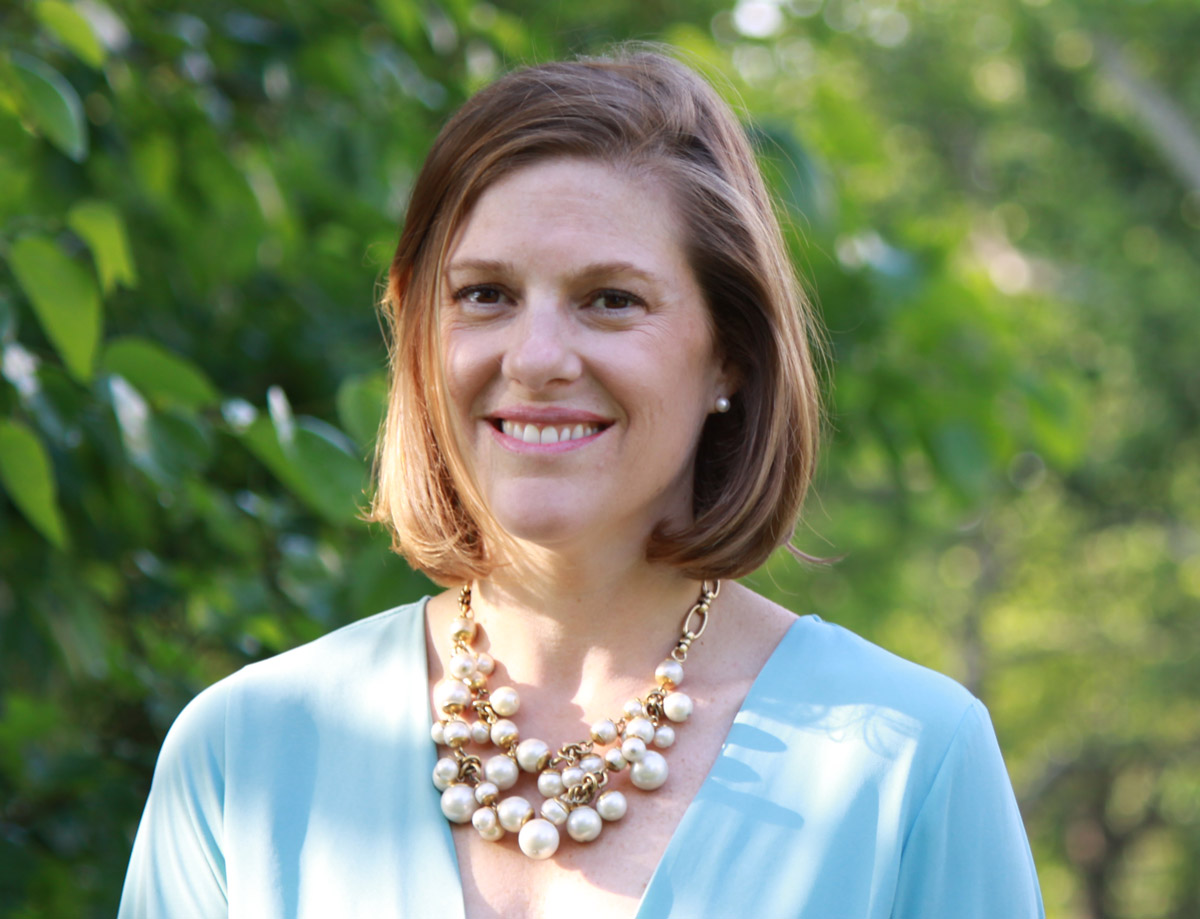In the Midst of an ISIS Hostage Crisis, Speaking for the Families

When Emily Lenzner ’92 began working in public relations nearly 20 years ago, she never imagined that she would someday play a role in a plan to help five Americans kidnapped and held hostage in Syria.
Lenzner was recruited for the task by her boss, Atlantic Media Chairman and CEO David Bradley, who had been involved in a previous hostage situation. In 2011 a freelance journalist for the Atlantic was taken hostage along with three other journalists, including James Foley, during the Arab Spring uprising in Libya. Bradley proved helpful in securing their eventual release. When Foley went missing again the following year in Syria, Bradley contacted Foley’s family and they asked him to help.
Bradley and a few handpicked researchers reached out to contacts in Syria, seeking any information they could find. Over the next several months, the hostage tally increased. Journalist Theo Curtis was kidnapped in 2012, followed by journalist Steven Sotloff and humanitarian workers Peter Kassig and Kayla Mueller in 2013. Bradley’s efforts to help find and secure the release of Foley eventually expanded to include the other four cases, Lenzner says.
Lenzner’s involvement began on a day when there was good news—rumor was that Curtis was going to be released after nearly two years in captivity by the al-Nusra Front. She was to help coordinate and respond to media inquiries for Curtis and his family, and to keep a lid on the existence of the other hostages.
“We were realizing it would become a media story and all of it could become public,” Lenzner says.
Hours later, however, the video of Foley’s beheading was broadcast, devastating the team and making it critical that the team keep the kidnapping of Kassig and Mueller out of the news.
“Their families were terrified because there was a handful of reporters around the world that knew that these two were being held hostage,” Lenzner says. “You could get these kids killed if you even reported that there were other people being held.”
As journalists began reaching out to the families, Lenzner responded and proactively reached out to reporters to request their continued silence. This evolved into her eventual role as a spokesperson for the Sotloff, Kassig, and Mueller families as they continued their efforts to save their children and then as they mourned them.
The work affected her deeply. “Nothing in my life had prepared me for this work. It’s so traumatic and it’s devastatingly sad. You’re working with these families and you have to operate with the hope that you’re going to bring these people home. You can’t do it otherwise. I truly did have hope the entire time and I truly did believe I was going to meet these people one day,” Lenzner says.
In light of her contribution during the crisis, Lenzner was honored with PR News Top Women in Public Relations Award and the PRWeek In House Public Relations Professional of the Year Award. The attention has been a bit unsettling, Lenzner says, so she uses it to shine light on the wonderful people she was trying to help—the hostages and their families.
“It’s an opportunity to remind the public of these people and their contributions. The news cycle has a short memory,” she says.
During her recent keynote address at the 2016 PR News Corporate Social Responsibility (CSR) Awards, Lenzner offered details—from insights on her role as crisis communicator to the lingering emotional impact of the experience. She’s still in contact with the families, many of whom have started foundations, charities, and scholarships to help others involved in the same work as their lost loved ones.
“These are amazing people. They are resilient, strong, and brave. Look at the kids they produced. These people went to Syria to help. Peter and Kayla were there to provide humanitarian support to Syrian refugees when the rest of the world wasn’t paying attention,” Lenzner says.
